Teen Prodigy Breaks Bank with Monopoly GO
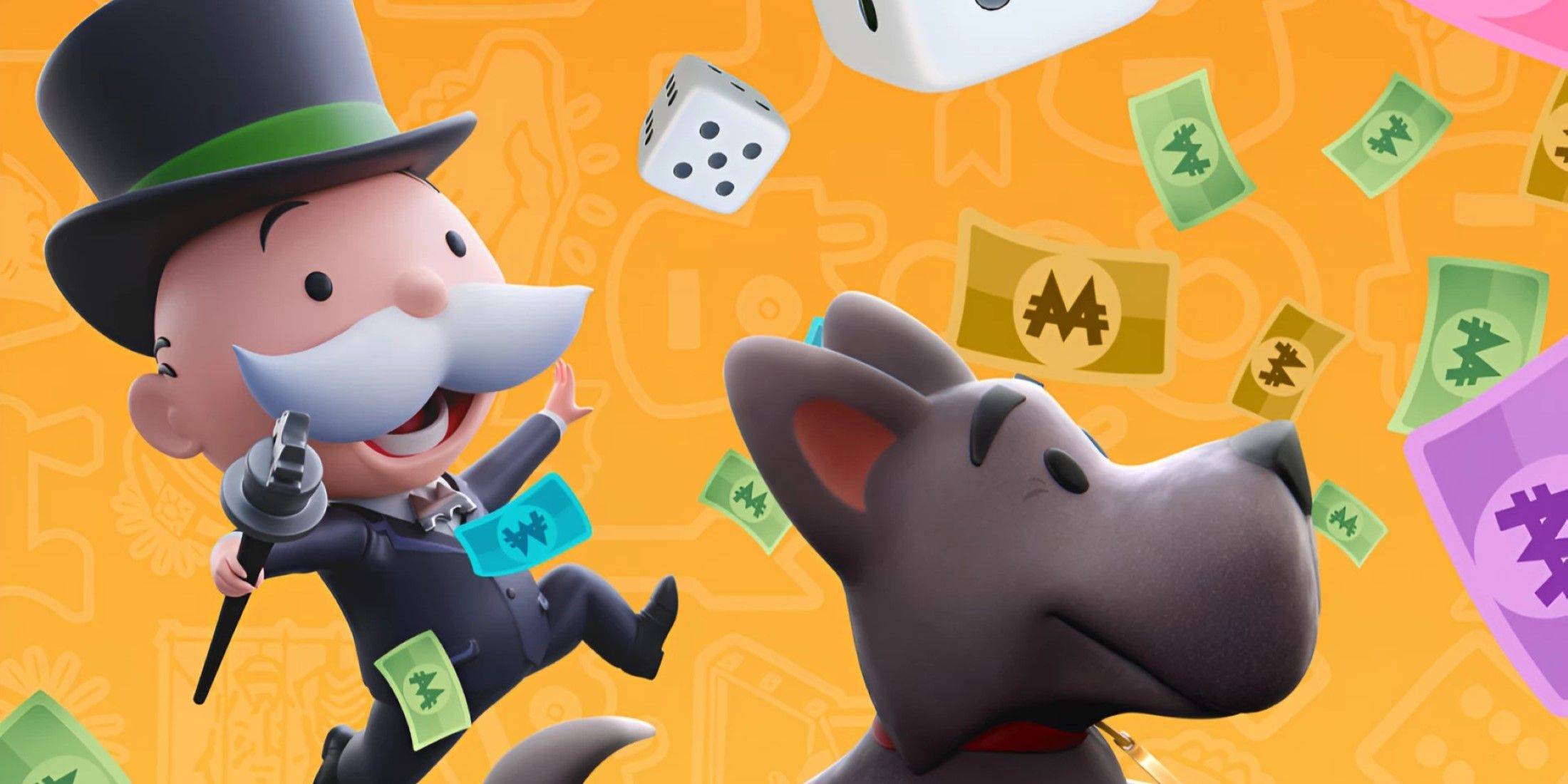
Monopoly GO's Microtransaction Problem: A $25,000 Case Study
A recent incident highlights the significant financial risks associated with in-app purchases in mobile games. A 17-year-old reportedly spent a staggering $25,000 on microtransactions within the free-to-play game, Monopoly GO. This case underscores the potential for excessive spending and the challenges users face in obtaining refunds for unintentional purchases.
The teenager's substantial expenditure isn't an isolated incident. Numerous players have reported spending hundreds, even thousands, of dollars on in-game items to accelerate progress. One Reddit user detailed their own $1,000 Monopoly GO spending spree before ultimately deleting the app. However, the $25,000 case dwarfs these previous reports, raising serious concerns about the game's monetization strategy.
A Reddit post (since removed) by a stepparent revealed their child's 368 in-app purchases totaling $25,000. Unfortunately, the game's terms of service likely hold the user responsible for these purchases, even if accidental. This reflects a common practice in freemium games, where microtransactions are a primary revenue driver. The success of games like Pokemon TCG Pocket, which generated $208 million in its first month, exemplifies the profitability of this model.
The Controversy Surrounding In-Game Microtransactions
The Monopoly GO situation is far from unique. In-game microtransactions have been a source of ongoing controversy. Lawsuits against major game developers, such as Take-Two Interactive (regarding NBA 2K), highlight the contentious nature of these practices. While this specific Monopoly GO case may not reach litigation, it reinforces the widespread frustration and financial harm caused by aggressive microtransaction models.
The industry's reliance on microtransactions is understandable; they are exceptionally lucrative. Games like Diablo 4 have generated over $150 million in microtransaction revenue. The strategy of encouraging small, frequent purchases is more effective than larger, one-time transactions. However, this very feature contributes to the deceptive nature of these models, often leading to significantly higher spending than initially intended.
The Reddit user's predicament underscores the difficulty of securing refunds. This serves as a cautionary tale for all players, emphasizing the ease with which substantial sums can be spent unknowingly in games like Monopoly GO.
-
1

GTA 6 Set for Fall 2025 Release, CEO Confirms
Apr 03,2025
-
2

First ALGS in Asia Emerges in Japan
Jan 19,2025
-
3

Roblox: CrossBlox Codes (January 2025)
Mar 04,2025
-
4
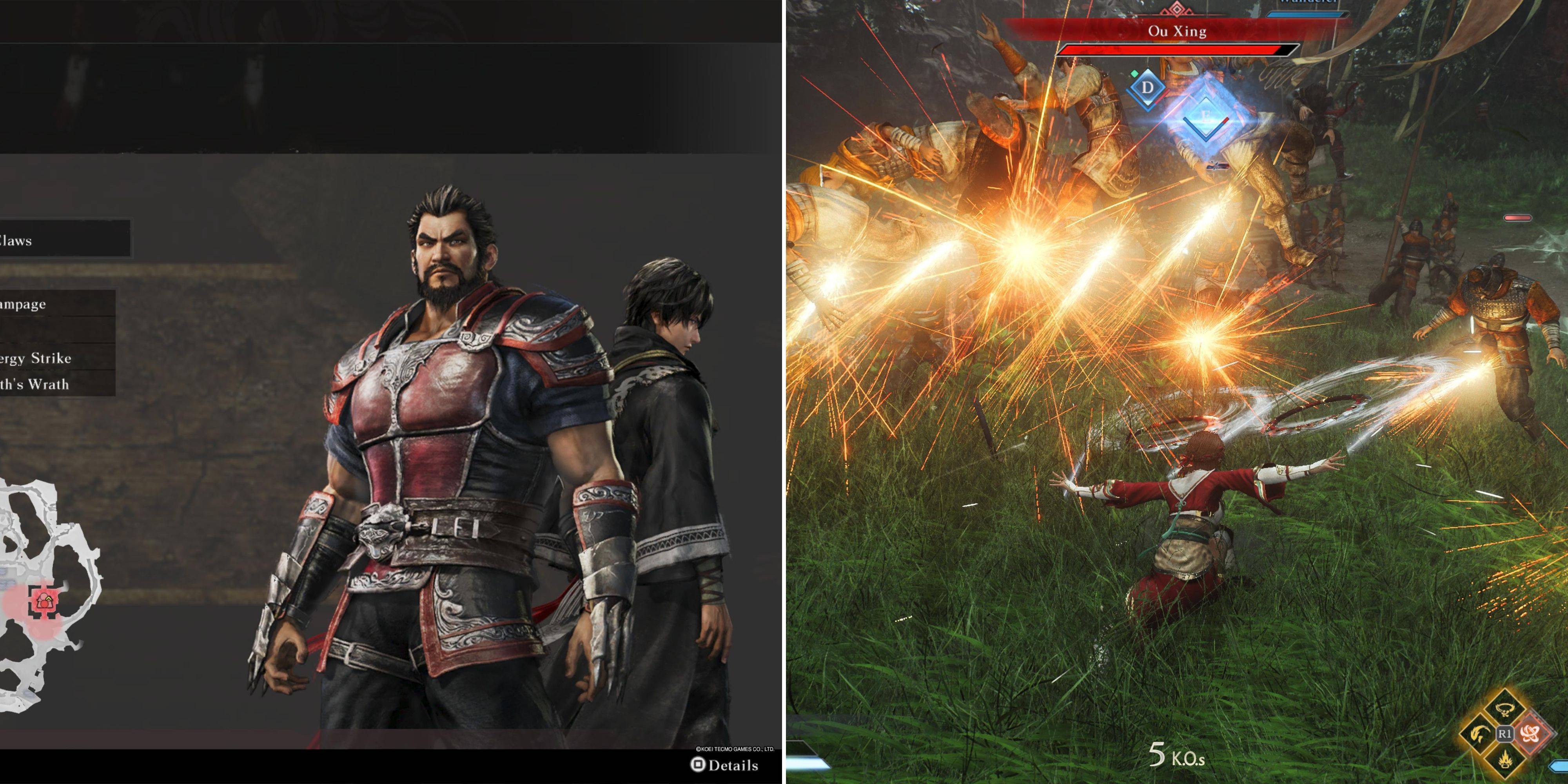
Introducing the Ultimate Guide to Seamless Character Swapping in Dynasty Warriors: Origins
Feb 25,2025
-
5

Cute mobs in Minecraft: pink pigs and why they are needed
Mar 06,2025
-
6

Max Hunter Rank in Monster Hunter Wilds: Tips to Increase
Apr 04,2025
-
7
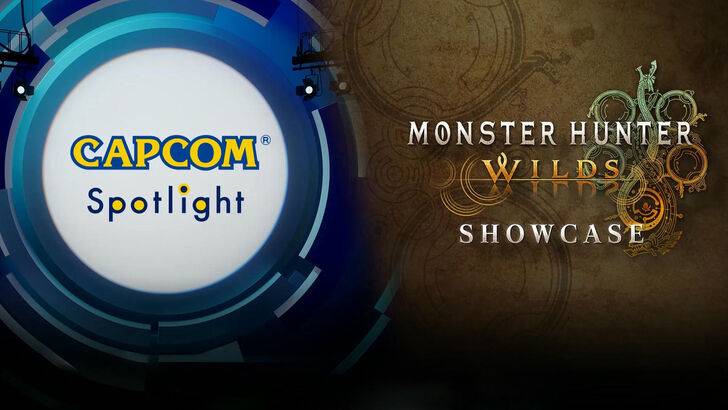
Capcom Spotlight Feb 2025 Showcases Monster Hunter Wilds, Onimusha and More
Apr 01,2025
-
8
![Roblox Forsaken Characters Tier List [UPDATED] (2025)](https://img.jdzca.com/uploads/18/17380116246797f3e8a8a39.jpg)
Roblox Forsaken Characters Tier List [UPDATED] (2025)
Mar 05,2025
-
9
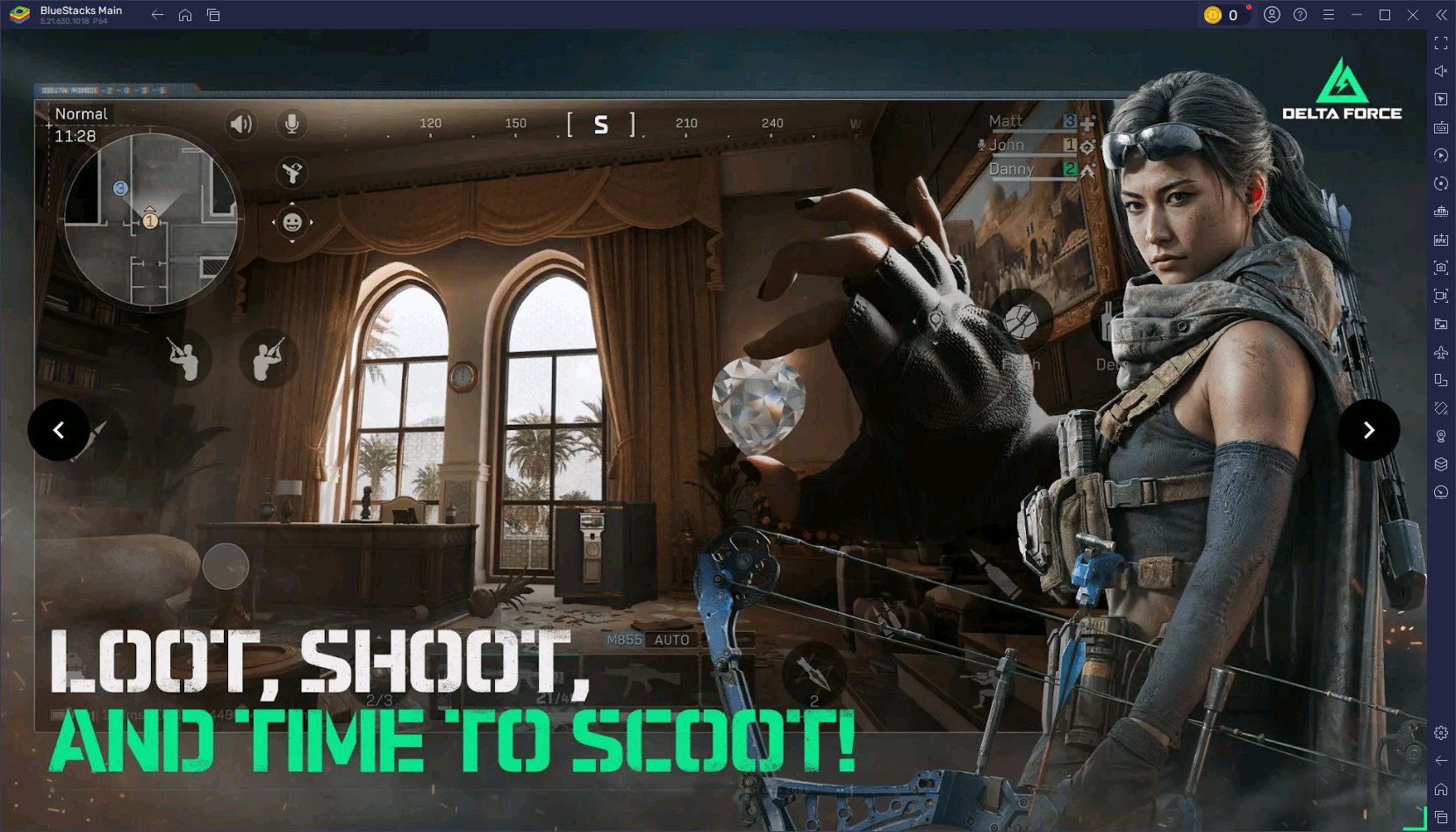
Delta Force Mobile: Beginner's Guide to Getting Started
Apr 23,2025
-
10
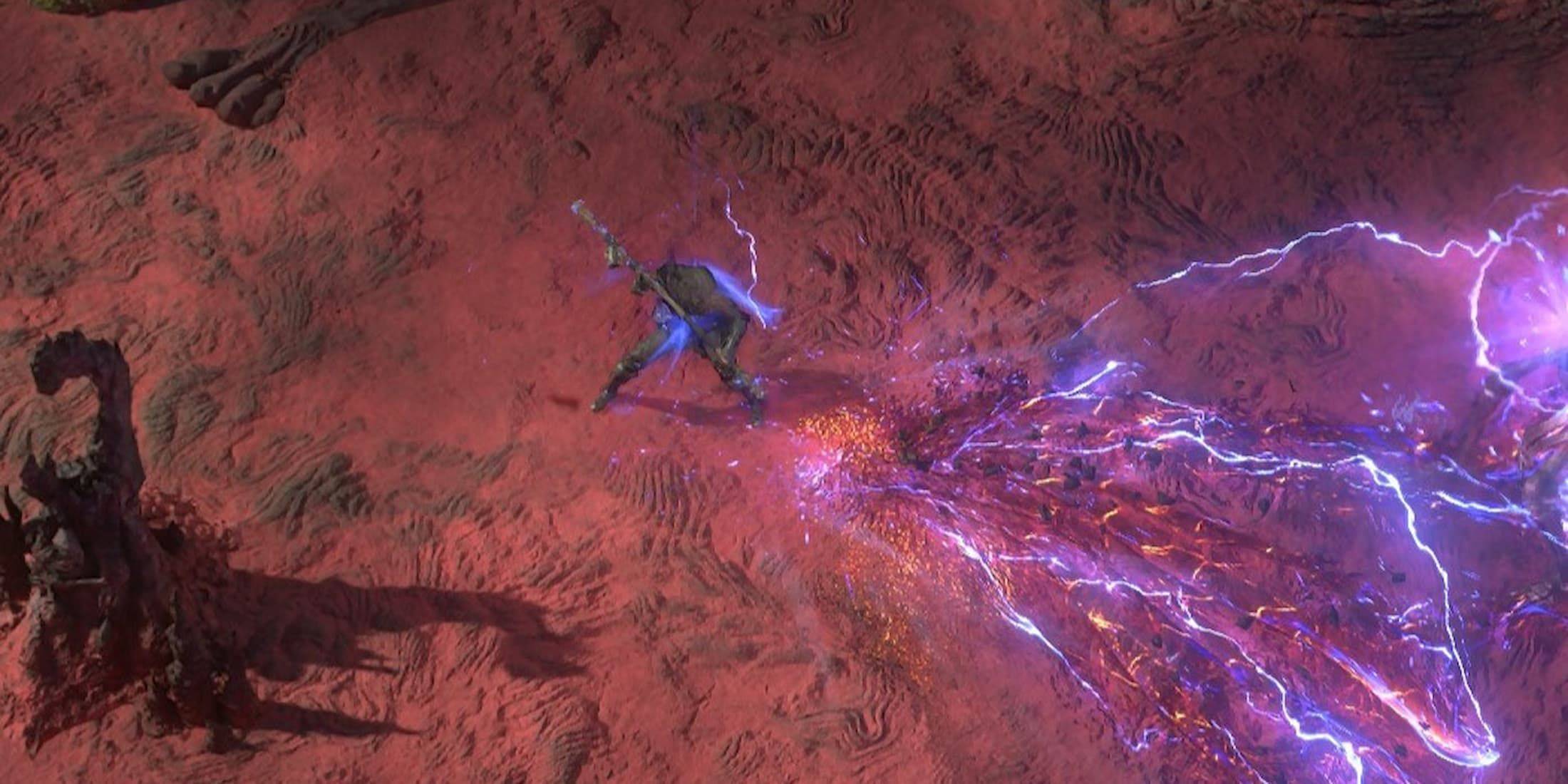
Power Charges in Path of Exile 2: Explained
Apr 03,2025
-
Download

Portrait Sketch
Photography / 37.12M
Update: Dec 17,2024
-
Download

Friendship with Benefits
Casual / 150.32M
Update: Dec 13,2024
-
Download
![[NSFW 18+] Sissy Trainer](https://img.jdzca.com/uploads/16/1719638919667f9b874d57e.png)
[NSFW 18+] Sissy Trainer
Casual / 36.00M
Update: Dec 11,2024
-
4
F.I.L.F. 2
-
5
슬롯 마카오 카지노 - 정말 재미나는 리얼 슬롯머신
-
6
Shuffles by Pinterest
-
7
Pocket Touch Simulation! for
-
8
Life with a College Girl
-
9
Chubby Story [v1.4.2] (Localizations)
-
10
Hunter Akuna














